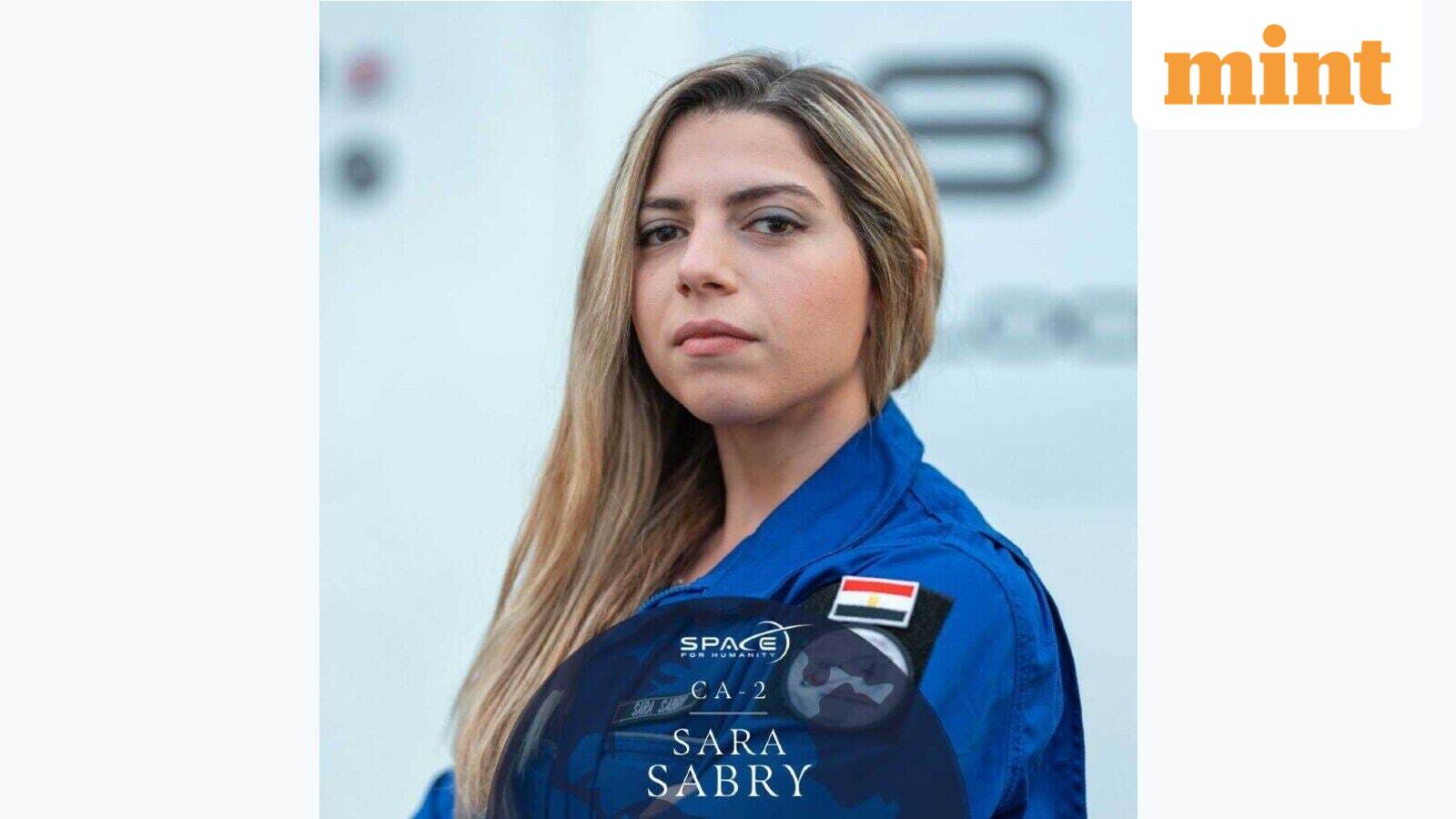Egyptian astronaut Sara Sabry in an interview with Fortune spoke about her work ethic and advice for GenZ in the workforce. Sharing her learning from the Blue Origin mission, the space engineer said GenZ “quits when they are uncomfortable”, and encouraged them to instead “make sacrifices” and “put yourself through discomfort” in order to achieve success.
“I see a lot of young people now—they’re wanting to take the easy route without working so hard. But the truth is, you have to make the sacrifices. You have to put yourself through a lot of discomfort,” she stated.
Sabry holds the distinction of being the first Arab and African woman in space, noted that discomfort “means you’re doing something great”.
On her work ethic and success
According to 32-year-old Sabry, she puts in 13 hours of work daily and juggles three jobs, including her non-profit ‘Deep Space Initiative’. She is of the school of thought that work-life-balance doesn’t exist.
“Especially Gen Z, whenever they start feeling discomfort, they stop. We millennials know that there’s no such thing as work-life balance. My career is my life, my life is my career. I would never be at peace if I wasn’t working so hard,” she told Fortune.
Sharing her secret to facing discomfort, Sabry said practice makes perfect. “The longer you hold onto the uncomfortable position, the more you’ll feel the benefits later,” she said.
Learning from Blue Orgin training: Shift mindset from negative to positive
She recalled the training before taking off on Blue Origin‘s New Shepard rocket on August 4, 2022, stating that she trained herself to become at ease.
“You can make yourself excited about it. We have so much control over our minds, it’s ridiculous that they’re not teaching us this in school. A lot of the astronaut training that I had to do was psychological; it was all about switching these moments of stress with visualising a peaceful place,” Sabry says about the discomforting and hard parts.
According to her, it is an easily adaptable skill for anyone. “Switch the discomfort from negativity to positivity. And you know that because you’re feeling discomfort and because you’re feeling you’re getting resistance, that it means you’re actually doing something great—and if what you’re doing wasn’t big enough, then you wouldn’t get so much resistance, or you wouldn’t feel this much discomfort,” she added.

